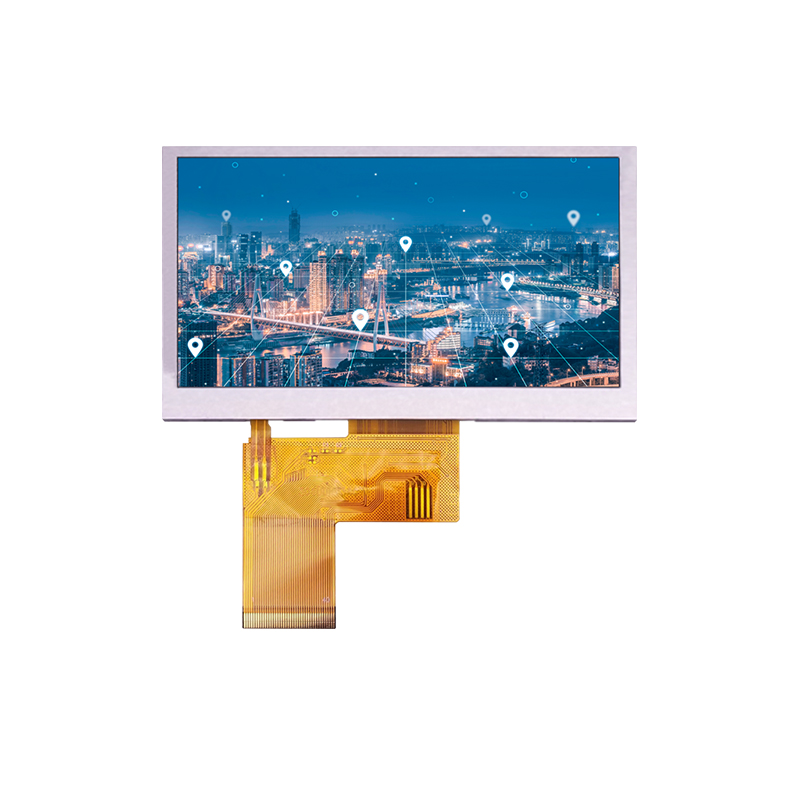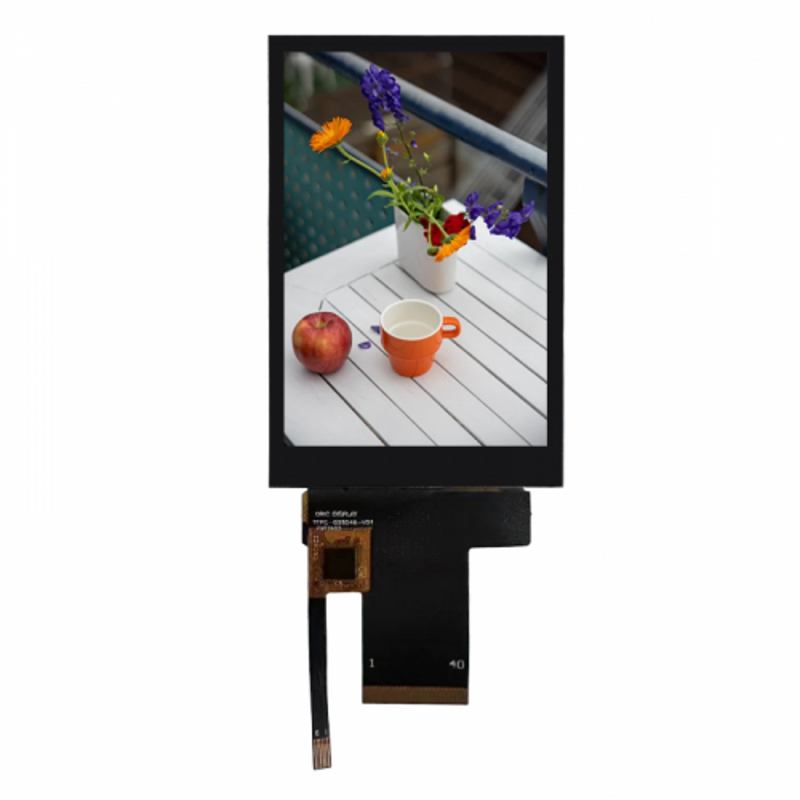
This guide provides a comprehensive overview of RLCD monitors, helping you understand their features, benefits, and how to select the perfect one for your needs. We'll explore different types, key specifications, and factors to consider before purchasing, ensuring you make an informed decision. We will also touch upon the advancements in RLCD technology and its impact on various applications.
RLCD (Reflective Liquid Crystal Display) monitors are a specialized type of display technology that uses ambient light for illumination. Unlike traditional LCDs that rely on backlights, RLCD monitors reflect surrounding light, resulting in several key advantages. This makes them significantly more energy-efficient and often easier on the eyes, especially in brightly lit environments. They also boast superior outdoor visibility compared to traditional LCDs, making them suitable for applications where direct sunlight is a factor.
The core benefits of RLCD monitors include:
While less common than traditional LCDs, RLCD technology finds applications in various specialized areas:
Their low power consumption makes them ideal for portable devices like handheld GPS units, certain types of e-readers, and some specialized industrial applications. The energy efficiency is a critical factor in extending battery life.
The excellent outdoor readability makes them suitable for industrial settings, such as outdoor kiosks, portable inspection equipment, and vehicle dashboards.
Some medical devices utilize RLCD technology due to its low power consumption and suitability for environments with varying lighting conditions.
While choosing an RLCD monitor, consider these important aspects:
Choose a resolution and size that suits your specific needs. Higher resolutions offer greater detail but might come with a higher price tag.
Although brightness isn't as crucial as with backlit displays, consider the ambient light conditions where you'll be using the RLCD monitor. The contrast ratio impacts the clarity of images.
Check the viewing angle specifications, as RLCD performance might vary depending on the viewing position.
Confirm the power consumption figures; lower power consumption translates to longer battery life in portable applications.
Selecting the right RLCD monitor depends heavily on your application. For portable use, prioritize power efficiency and lightweight design. For outdoor use, focus on brightness and viewing angle. For specialized industries, specific features such as ruggedness or specific input interfaces might be crucial. Always check the specifications carefully to ensure compatibility with your existing setup. Consider contacting a specialist supplier like Dalian Eastern Display Co., Ltd. for expert advice on finding the best solution for your needs.












